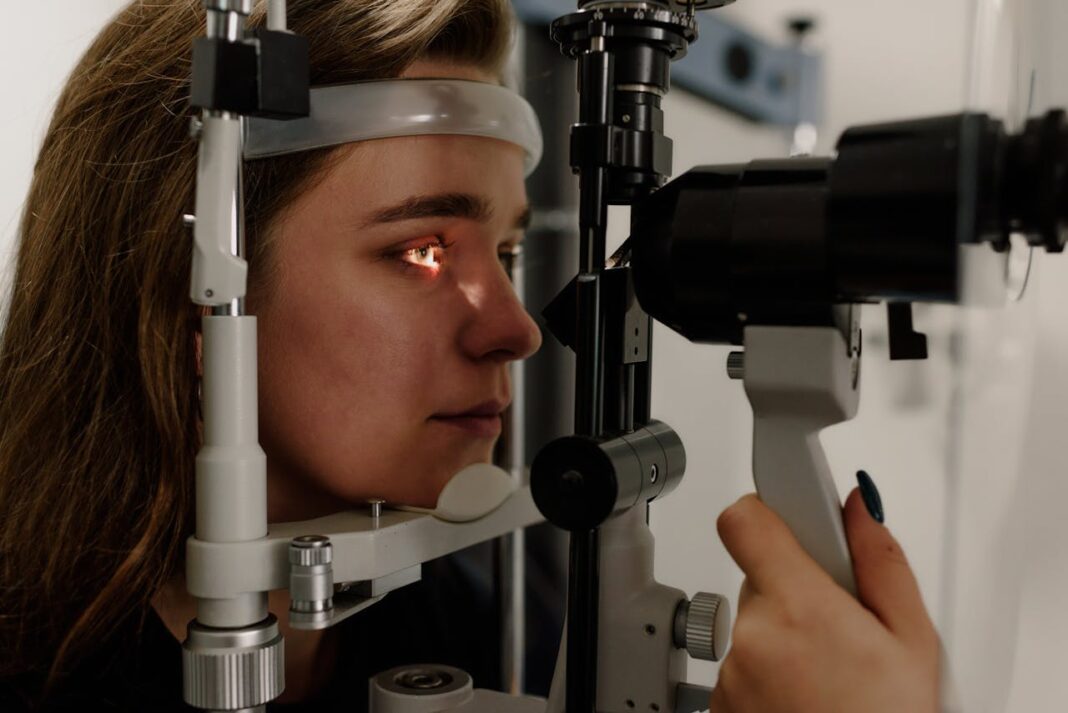Healthcare is possibly one of the few areas in which the rapidity of change and innovation in modality has found congruence with the weight of human impact and need. In respect, it often brings ethical dilemmas to center stage—one of the numerous examples ranging from end-of-life decisions, resource allocation, and many other options where very deep thinking and judicious decision-making are called for. Some of the most pressing ethical issues that the healthcare industry is confronting today are described in the following section.
End-of-Life Decisions
Often the most existential aspect of health care, end-of-life decision-making comes with some key ethical challenges. Very complex decisions must be made subsequently by patients, their families, and healthcare professionals over whether to continue the life-sustaining treatment or to be taken into palliative care. The decisions of whether to continue the aggressive treatment or to withdraw and provide comfort care that follows become of relative importance and will elicit great moral concerns. Patient autonomy is the tenet of respect for the wishes of patients, medical interventions, and realities of the quality of life are pretty difficult to balance you can only understand by learning how to be a healthcare provider.
Resource Allocation
Another such pertinent ethical dilemma in this situation is the concept of resource allocation, more so in an already resource-constrained setting, say an emergency room, or a country with an extremely overstretched health budget. The result of all this has been decisions made, as a matter of routine, about who will and who will not be treated for conditions for which there are limited resources, be they ICU beds, or what it might take to have a particular medication or a particular intervention. This gets egregious at times of a crisis, though, such as a pandemic, where extreme shortages can occur. More clearly, these decisions are based on ethical frameworks in matters of justice and fairness but often place individualistic needs in variance to considerations towards society at large.
Protection of Patient Privacy and Data Security
One more burning issue in the age of rampant digitization within the rubric of healthcare involves the protection of patient privacy and the security of health data. Although this raised efficiency through coordinated care while using other already existing digital tools, it brought about questions of security, data breaches, and/or improper access to such critical data. This insists on quality processing by healthcare agencies, including the establishment of good security practices against unauthorized entry into the system and the legal regulations passed. This is, an organization-wide program is established that assures the upkeep of privacy in patients’ information. Ethical stewardship of data means not only its appropriate security but also being upfront and open with the patient about how their data will be used.
Informed Consent
Of the important ethical principles in health, informed consent brings out the point of the patient being well and freely informed about the intended treatment or procedure. Risks, benefits, and alternatives to the proposed intervention should be displayed to the patient. Another grave dilemma arises when patients are incapacitated from providing informed consent due to an understanding of the nature of complex medical information. Fully informed consent requires transparent communication and education of the patient, and sometimes surrogate decision-makers.
Fairness and Access to Treatment
Fair access and treatment are two broad ethical concerns of health care that deal with lessening disparities among diverse populations; they can be because of socioeconomic class, race, geographic position, and many others. These are thus ethical issues since not everyone is being given equal opportunity in terms of having protection from diseases, coupled with the lengthy queues present in most hospitals. Many efforts are aimed at change insofar as healthcare equity is concerned through the formulation of all-inclusive policies, promoting advocacy for various underserved communities, and ensuring the social determinants in respect of health are attained in access and outcomes.
Final Words
Equally complex and multi-dimensional are the ethical dilemmas themselves: as complex as the entirety of medical practice and those of human values. In handling any of these dilemmas, one has to continuously keep in mind the individual needs, broader ethical precepts, and considerations of society and just balance them relatively according to each other.


